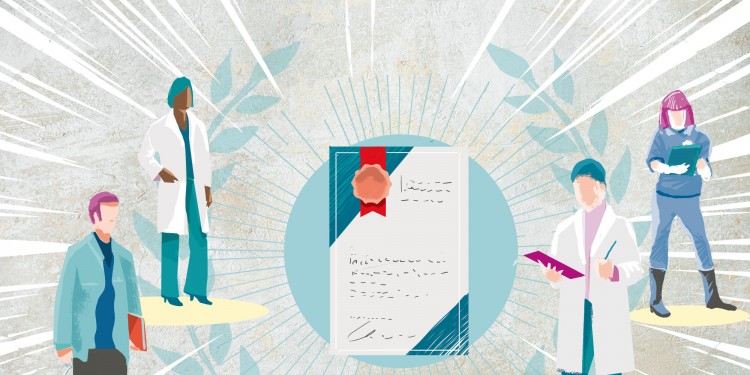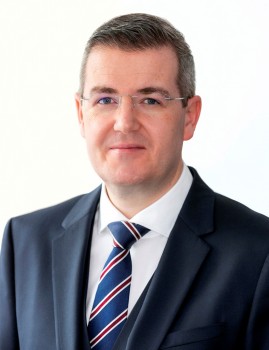
Ryan Gilmour elected to the Royal Society of Edinburgh
Prof. Dr. Ryan Gilmour from the Institute of Organic Chemistry at Münster University has been elected to the Royal Society of Edinburgh (RSE), Scotland´s national academy of science and letters. As one of seven personalities elected as corresponding fellows, the chemist joins the ranks of distinguished Fellows resident abroad. “This is the greatest honour of my professional career to date and I look forward to strengthening the bonds between the two countries that I call home”, says Ryan Gilmour.

About the Royal Society of Edinburgh
The Royal Society of Edinburgh was established in 1783 under a Charter granted by King George III for the “Advancement of Learning and Useful Knowledge” in Scotland. Those who are elected to the Fellowship have undergone a rigorous assessment of their achievements, professional standing and the contribution they and their work make to wider society. The RSE promotes international networking, research projects and publications annually through grants of 500.000 pounds. It currently has around 1,600 members.
